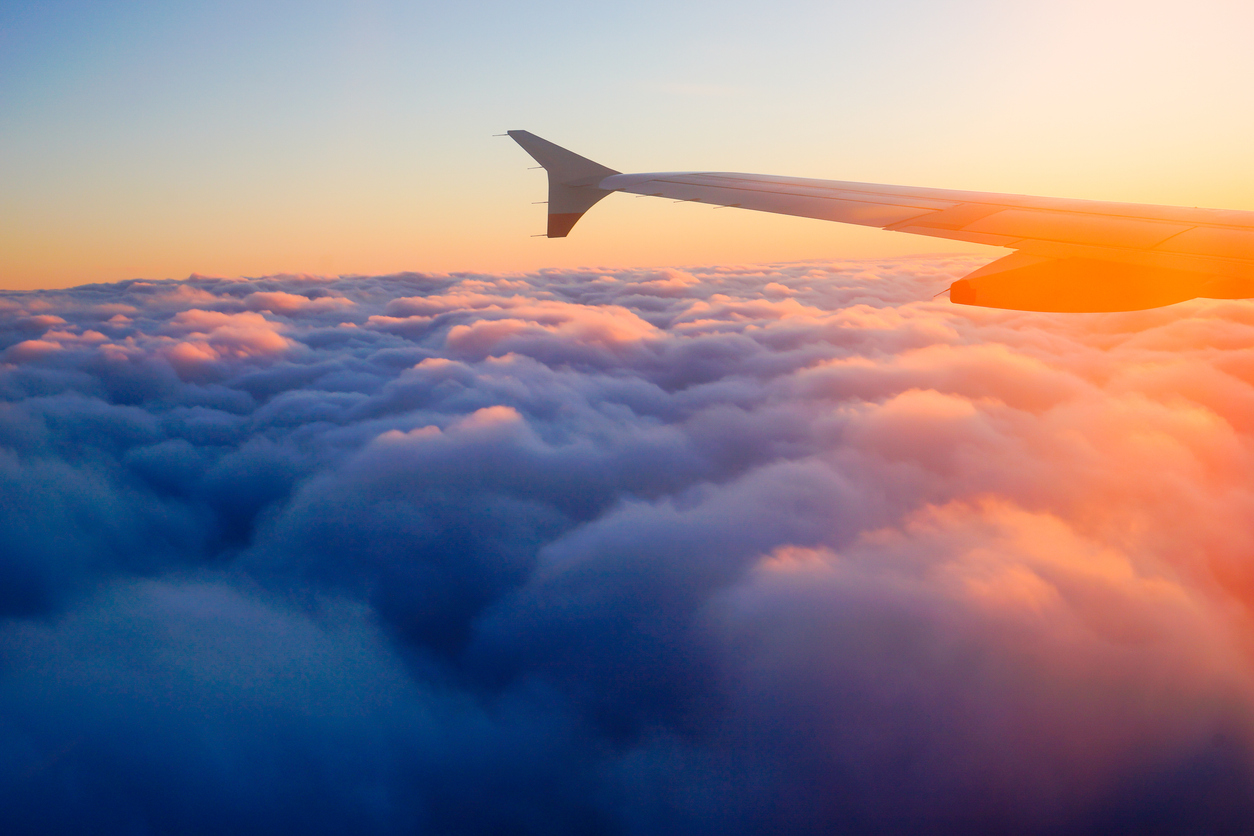Do you drive a hybrid and use LED lightbulbs, but still pop to Australia twice a year? Aviation emissions are usually the biggest portion of an individual’s carbon footprint, so why are we so resistant to cutting out flying?
Environmentalists are calling for Kiwis to stay grounded and fly as little as possible to reduce our collective carbon footprint. Last year, Professor Shaun Hendy from the University of Auckland cut out flying after seeing his carbon emissions. “I knew it would be bad, but I was shocked once I saw the number in black and white,” Prof Hendy told the Otago Daily Times. In 2017, his carbon footprint had been 18.885 tonnes of CO2 – in 2018, just 1.185 tonnes.
But it’s not only individuals who should think about the amount of CO2 they are generating by flying. Air New Zealand is one of the country’s largest climate polluters, writes Charlie Mitchell for Stuff, responsible for emitting 3.5m tonnes of CO2 every year, around four per cent of New Zealand’s total greenhouse gas emissions. The company frames itself as an environmentally conscious company – it reports its own greenhouse gas emissions and pushes for stronger environmental regulations – but its business is based on something that is inherently not environmentally friendly.
Sustainable tourism expert Prof James Higham from the University of Otago told Mitchell the company’s carbon offset options, “doesn’t really do anything to contain or stabilise aviation emissions at source, which is what might have been expected or hoped for post-Paris”.
Stuff’s Nikki McDonald also poked holes in moves the New Zealand’s tourism industry is making to gain sustainability credibility – all ignore the fact that tourists must first fly thousands of kilometres to get here. Griffith University Professor of sustainable tourism Susanne Becken told Stuff, sustainable tourism in New Zealand is ‘an oxymoron’ as her recent study suggests international visitor numbers have increased by 50 per cent between 2006 and 2017, with associated emissions up 40 per cent. It’s not just flying here that has a high carbon cost – long road-trips, domestic flights and the growth in mega-cruise ships also contribute.
Prof Becken is also critical of carbon offsetting options, which she labels as guilt-reduction tools which don’t really reduce emissions, simply shifting them from one side to the other.
Campervan company Tourism Holdings started trialling electric campervans this year. Tourism Holdings general manager Saskia Verraes acknowledges that so long as planes burn fuel to get tourists here, tourism can never be fully sustainable. “I think everybody knows that and struggles with it. The thing we can do is at least when people get here to try and have a zero footprint whilst they’re here.”
Several media outlets covered the issue of aviation emissions over the weekend, including:
Stuff Circuit: ‘The world’s least unsustainable airline’: Air New Zealand’s climate dilemma
Stuff: What is the carbon footprint of international tourism in NZ?
ODT: Trying to stay grounded
Newshub: Auckland professor says Kiwis should quit air travel to protect the environment
